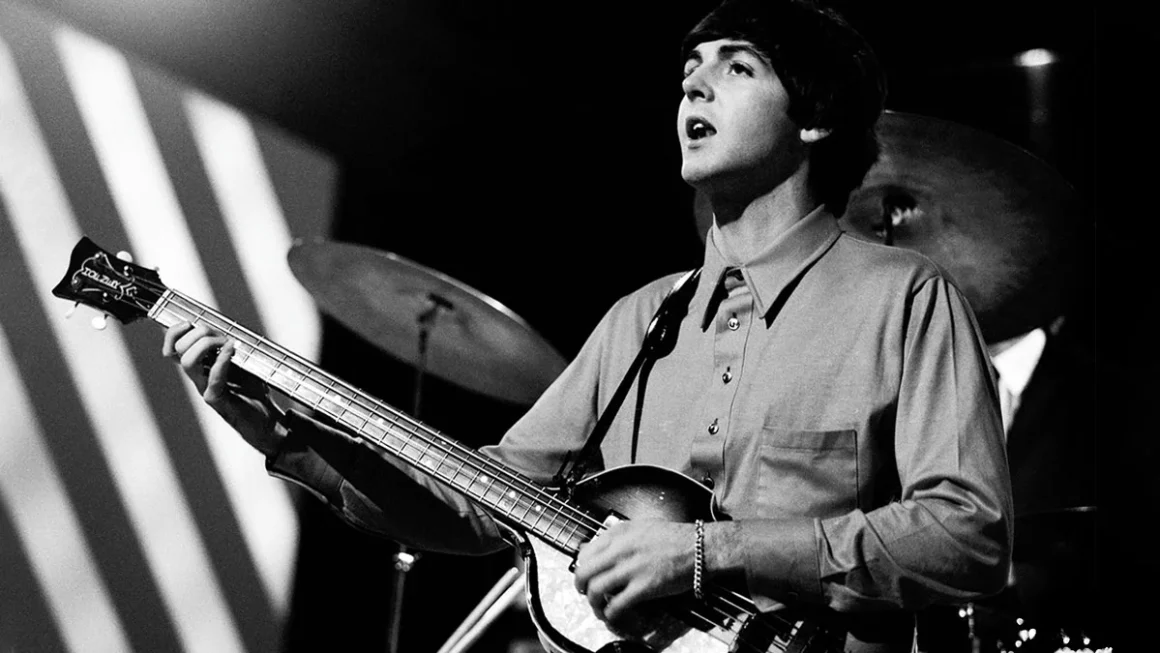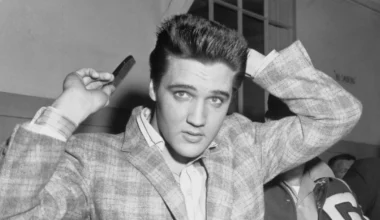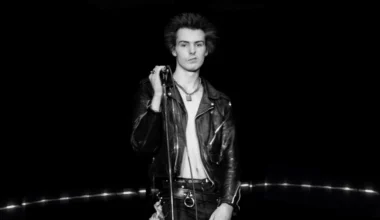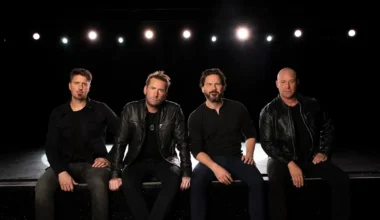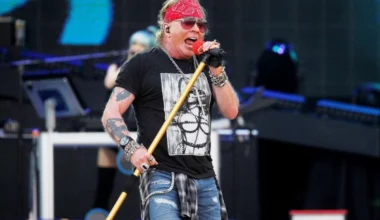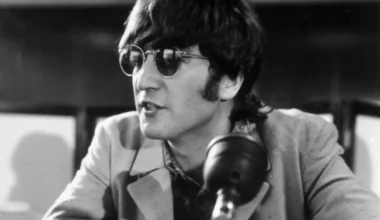A song is an elusive object. For months, or even years, in the case of musicians like Leonard Cohen, they work tirelessly over them. They take their time, carefully crafting the lyrics and melody, and determining the ideal sound for both the live and recorded versions. Then, in an attempt to give it the exposure it merits, they record the piece, choose the artwork, and carefully craft the marketing strategy. However, once it’s out of their control, it’s never coming back. That occasionally filled Paul McCartney with regret.
It resembles the concept presented by Roland Barthes in his essay The Death of the Author. In essence, he argued that an artwork completely separates itself from the creator as soon as the creator produces it and gives it to the public. The piece now belongs to the cultural collective of the populace. People will assign their own meanings and messages to it without the artist being able to stop it. This renders all of their biographical background or the context in which they made it meaningless. To put it succinctly, once an artist releases a song, they can never go back. It’s no longer truly theirs.
That can be a lovely thing at times. It’s always amazing to observe how different cultures adapt songs to fit their own unique style or how a single song can set the mood for countless heartfelt moments throughout history. Undoubtedly, McCartney witnessed this since his compositions, such as “Blackbird,” “Let It Be,” and “The Long and Winding Road,” have grown to be among the most cherished and classic songs ever written, being played at innumerable nuptials, memorial services, and life events.
But he has also seen the other side of one song. He acknowledged that he wished he could go back and redo a certain track. McCartney has a problem with his vocal performance on the track “Early Days” from his 2013 album, NEW.
“I brought Ethan Johns a couple of acoustic songs when we were working on this album. “Just come down to the studio,” he said. Simply go down there and start playing. I did that, and after we completed a take, he exclaimed, “That’s great!” he recalled. However, the singer felt that what the producer thought was excellent was weak. McCartney went on, calling the performance “dodgy” or “not the greatest.” “So I came back up and I said: ‘A bit of the vocal is a bit wobbly. I’m sure I can sing that a bit better,” McCartney said.
But his producer persuaded him to hold onto it. McCartney recalled, “But it’s you!'” He remarked. It sounds very realistic and is incredibly vulnerable. And we departed from it, and people have said to me: ‘Oh, I like that track.’”
Some may contend that we should always respect or take into consideration the artist’s opinions about their creations, that McCartney should have the last say, or that we should all accept his word if he says the vocal was insufficient or incorrect. The vocalist’s unprocessed, unvarnished delivery of “Early Days” sounds ideal given the song’s theme.
Regarding the song, he remarked, “I’m really going back to kind of very early days. It’s basically a little acoustic thing and it’s me remembering, basically me and John when we were just two kids, before we’d started The Beatles, before we’d gotten on as songwriters, so you know.” I was happy to discover that I was one of those two.
Like “In My Life,” “Penny Lane,” or any number of other Beatles songs in which the band related stories about their early years in Liverpool, “Early Days” is a lovely remembrance of Lennon and McCartney’s early friendship and a poignant reminder that, despite going on to become two of the world’s most well-known musicians, they were just two kids once. “It’s just this idea that people are taking your history away from you. But in my case, it all began with the thought that, since I experienced those early days, they couldn’t take it with me. Regarding the song, he said to Absolute Radio, “I was there.”
For a long time, McCartney wanted to rerecord the vocals. But at last he heard and comprehended what his producer was saying. “He said, ‘It’s okay, man, that’s the right way to sing this song,'” the musician eventually said, conceding, “But thank God I listened to him and you approve of it.”

